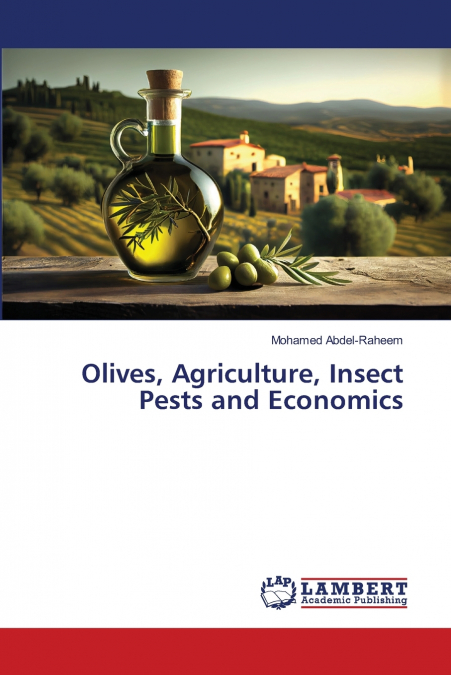
Mohamed Abdel-Raheem
Olives and olive oil are a predominant part of the Palestinian culinary culture. However, the per capita consumption of olive oil has dropped in the past 25 years from an estimated 10 kg per year to 4 kg per year, although consumption is higher in oil producing regions. This decline in consumption has been accompanied by an increase in the use of other imported vegetable oils such as corn and sunflower oil, partly due to price considerations. Some 80 per cent of households purchase olive oil, usually directly from presses, farmers and wholesalers, whereas 20 per cent are fully self-sufficient and gain their olive oil from their own orchards and extended family.Those households that are not self-sufficient in oil production have traditionally purchased olive oil in bulk, once a year in 16kg tins or plastic containers. Bulk purchase is increasingly unaffordable for many households, due to low purchasing power and increases in prices of olive oil due to poor harvests. A consumer survey carried out by Oxfam partner, the Palestinian Agricultural Relief Committee (PARC), found that 85 per cent of respondents would prefer to buy in small, one-litre bottles for 35 ILS/litre($9).